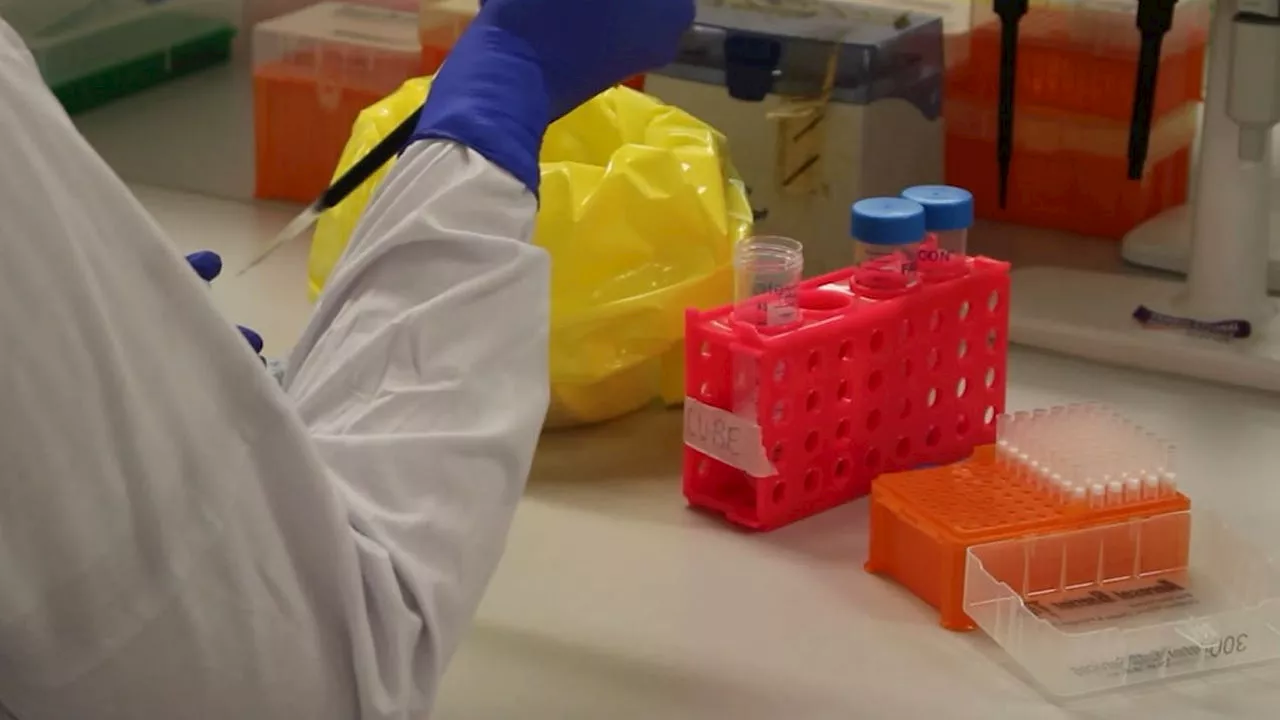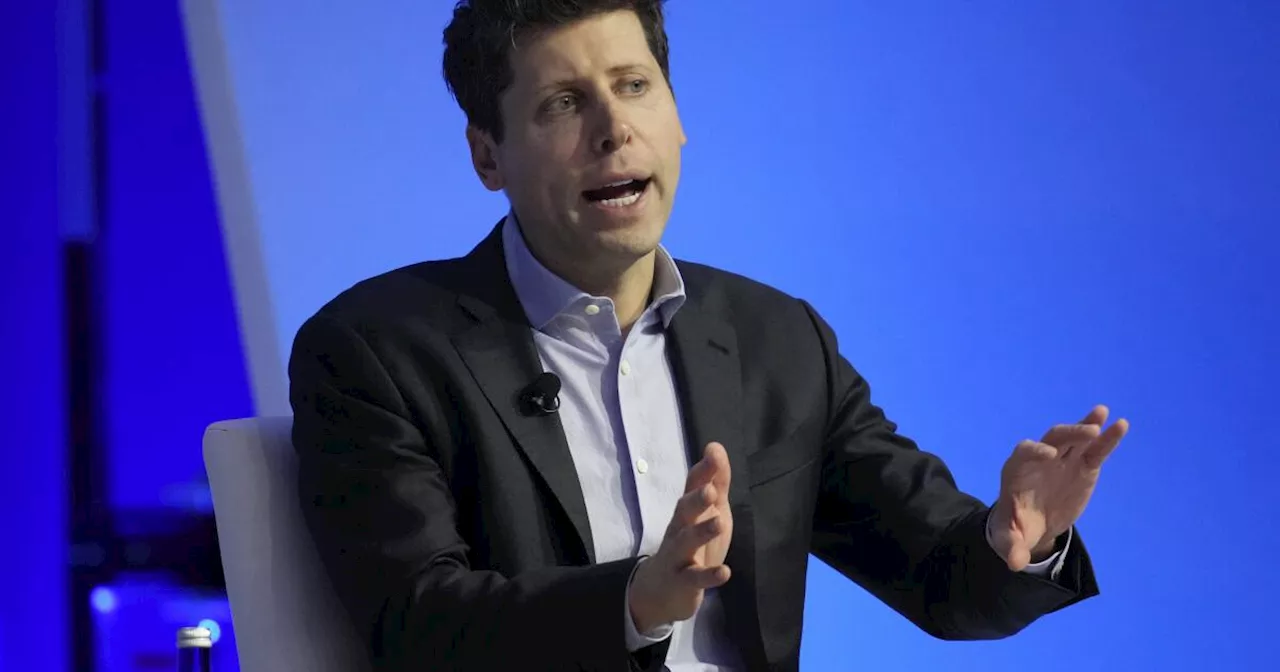Researchers have identified a possible way to make glioblastoma cells vulnerable to different types of immunotherapy. The strategy, which they demonstrated in cells in the lab, forces brain cancer cells to display targets for the immune system to attack.
Even treated with the most advanced therapies, patients with glioblastoma -- an aggressive brain cancer -- typically survive less than two years after diagnosis. Efforts to treat this cancer with the latest immunotherapies have been unsuccessful, likely because glioblastoma cells have few, if any, natural targets for the immune system to attack.
For this study, Wang's team took advantage of the fact that transposable elements naturally can cause a tumor to churn out random proteins that are unique to the tumor and not present in normal cells. Called tumor antigens or neoantigens, these unusual proteins could be the targets for immunotherapies, such as checkpoint inhibitors, antibodies, vaccines and genetically engineered T cell therapies.
Before investigating this strategy in people, the researchers are seeking ways to target the epigenetic therapy so that only the tumor cells are induced to make neoantigens. In the new study, the researchers cautioned that normal cells also produced targets when exposed to the two drugs. Even though normal cells didn't produce as many neoantigens as the glioblastoma cells did, Wang and Kim said there is a risk of unwanted side effects if normal cells create these targets as well.
Cancer Lymphoma Immune System Dementia Huntington's Disease Hearing Impairment Neuroscience
United States Latest News, United States Headlines
Similar News:You can also read news stories similar to this one that we have collected from other news sources.
 Researchers identify key enzyme in aging cells to promote healthy agingA team has made a groundbreaking discovery in the field of aging and inflammation. Japan's aging population is growing at an unprecedented rate, making it crucial to extend healthy lifespans rather than just lifespans.
Researchers identify key enzyme in aging cells to promote healthy agingA team has made a groundbreaking discovery in the field of aging and inflammation. Japan's aging population is growing at an unprecedented rate, making it crucial to extend healthy lifespans rather than just lifespans.
Read more »
 Researchers targeting childhood heart disease with stem cells, AIResearchers in the U.S. and Australia are ushering in a new era of pediatric medicine by using stem cells and AI to solve childhood heart disease.
Researchers targeting childhood heart disease with stem cells, AIResearchers in the U.S. and Australia are ushering in a new era of pediatric medicine by using stem cells and AI to solve childhood heart disease.
Read more »
 San Francisco, Australian researchers targeting childhood heart disease with stem cells, AIThe global research program involves the Murdoch Children’s Research Institute in Melbourne and the Gladstone Institutes in San Francisco, with researchers working to identify the genetic causes of infant heart disease and develop new treatments for it through the use of stem cells and AI technology.
San Francisco, Australian researchers targeting childhood heart disease with stem cells, AIThe global research program involves the Murdoch Children’s Research Institute in Melbourne and the Gladstone Institutes in San Francisco, with researchers working to identify the genetic causes of infant heart disease and develop new treatments for it through the use of stem cells and AI technology.
Read more »
 Bridgestone researchers in Akron exploring how to make synthetic rubber using plant-based ethanolBridgestone Americas, a subsidiary of Bridgestone in Japan, will use a federal grant to develop a pilot plant to research making butadiene, a component of synthetic rubber, out of ethanol.
Bridgestone researchers in Akron exploring how to make synthetic rubber using plant-based ethanolBridgestone Americas, a subsidiary of Bridgestone in Japan, will use a federal grant to develop a pilot plant to research making butadiene, a component of synthetic rubber, out of ethanol.
Read more »
 Exclusive-Chinese researchers develop AI model for military use on back of Meta's LlamaExclusive-Chinese researchers develop AI model for military use on back of Meta's Llama
Exclusive-Chinese researchers develop AI model for military use on back of Meta's LlamaExclusive-Chinese researchers develop AI model for military use on back of Meta's Llama
Read more »
 These Apple researchers just showed that AI bots can't think, and possibly never willApple's AI researchers gave these AI systems a simple arithmetic problem that schoolkids can solve. The bots flunked.
These Apple researchers just showed that AI bots can't think, and possibly never willApple's AI researchers gave these AI systems a simple arithmetic problem that schoolkids can solve. The bots flunked.
Read more »
